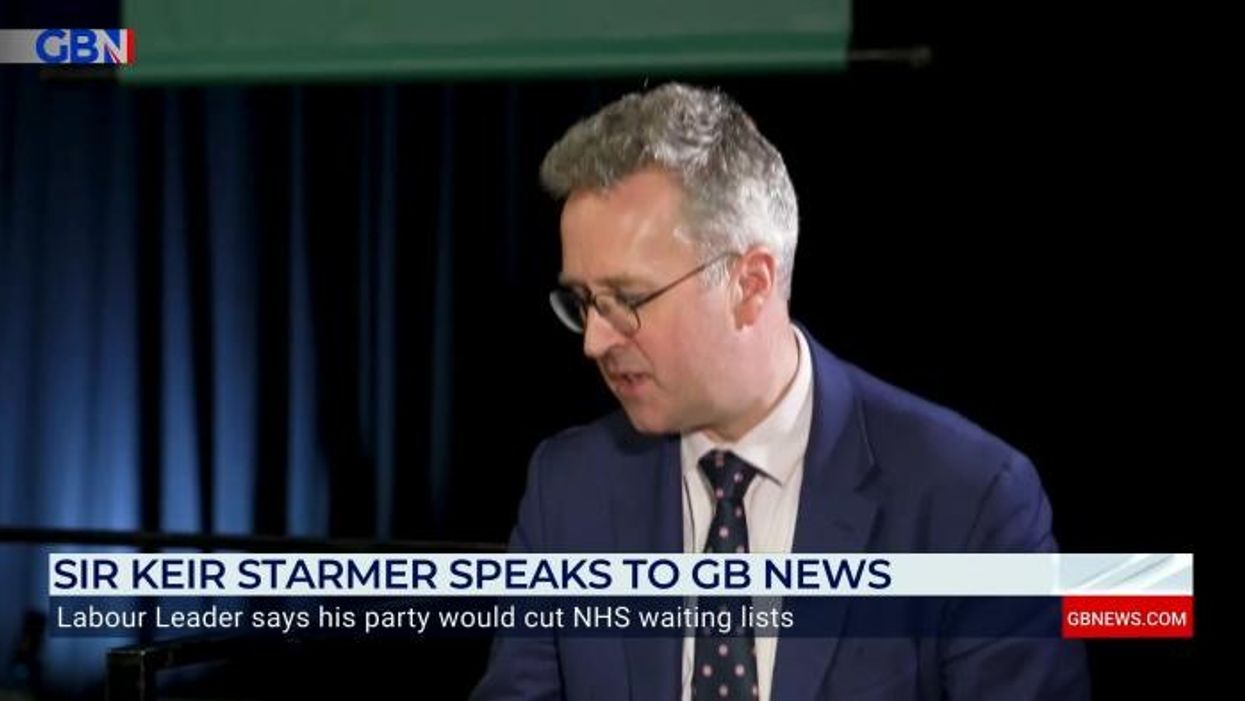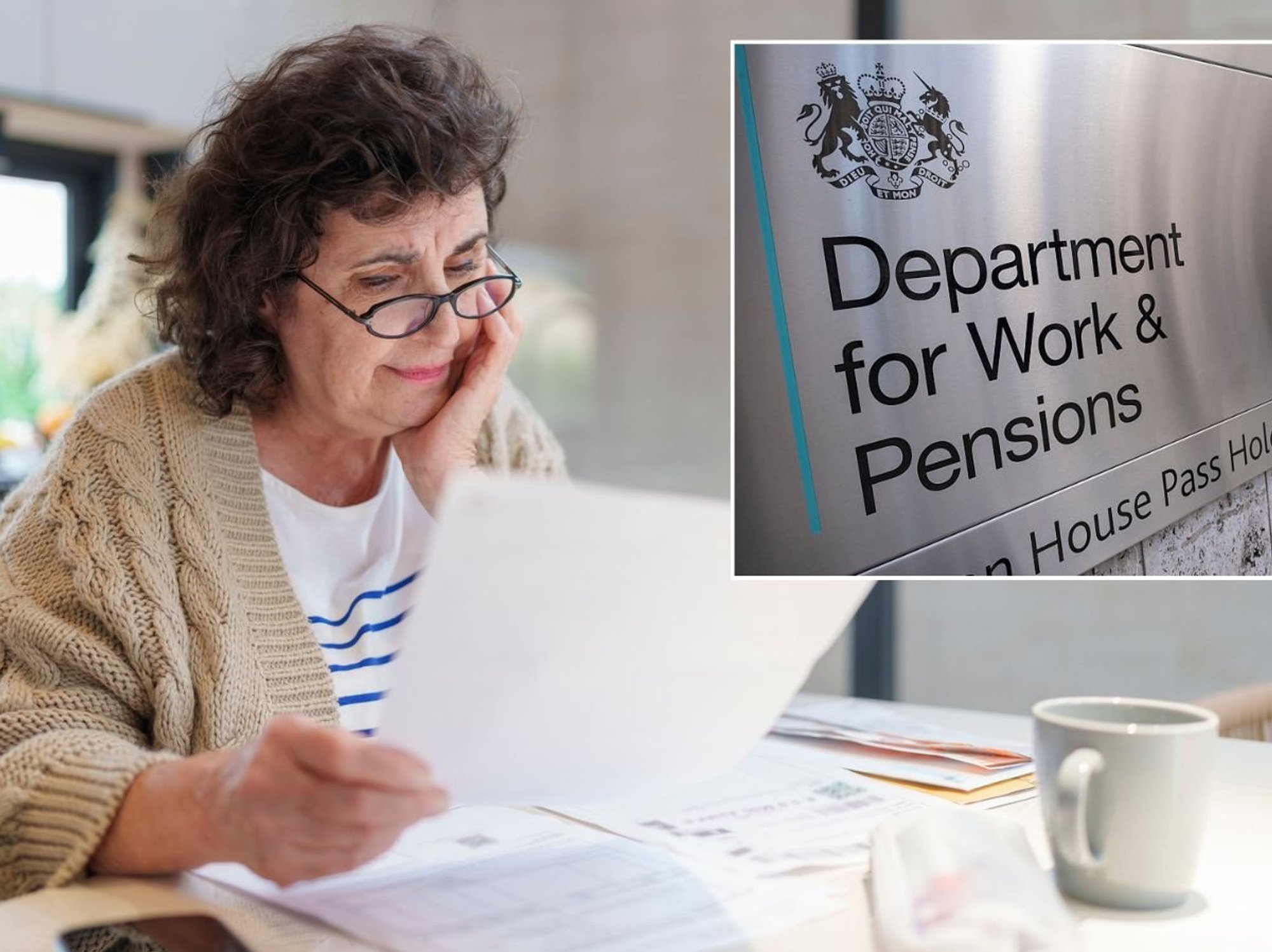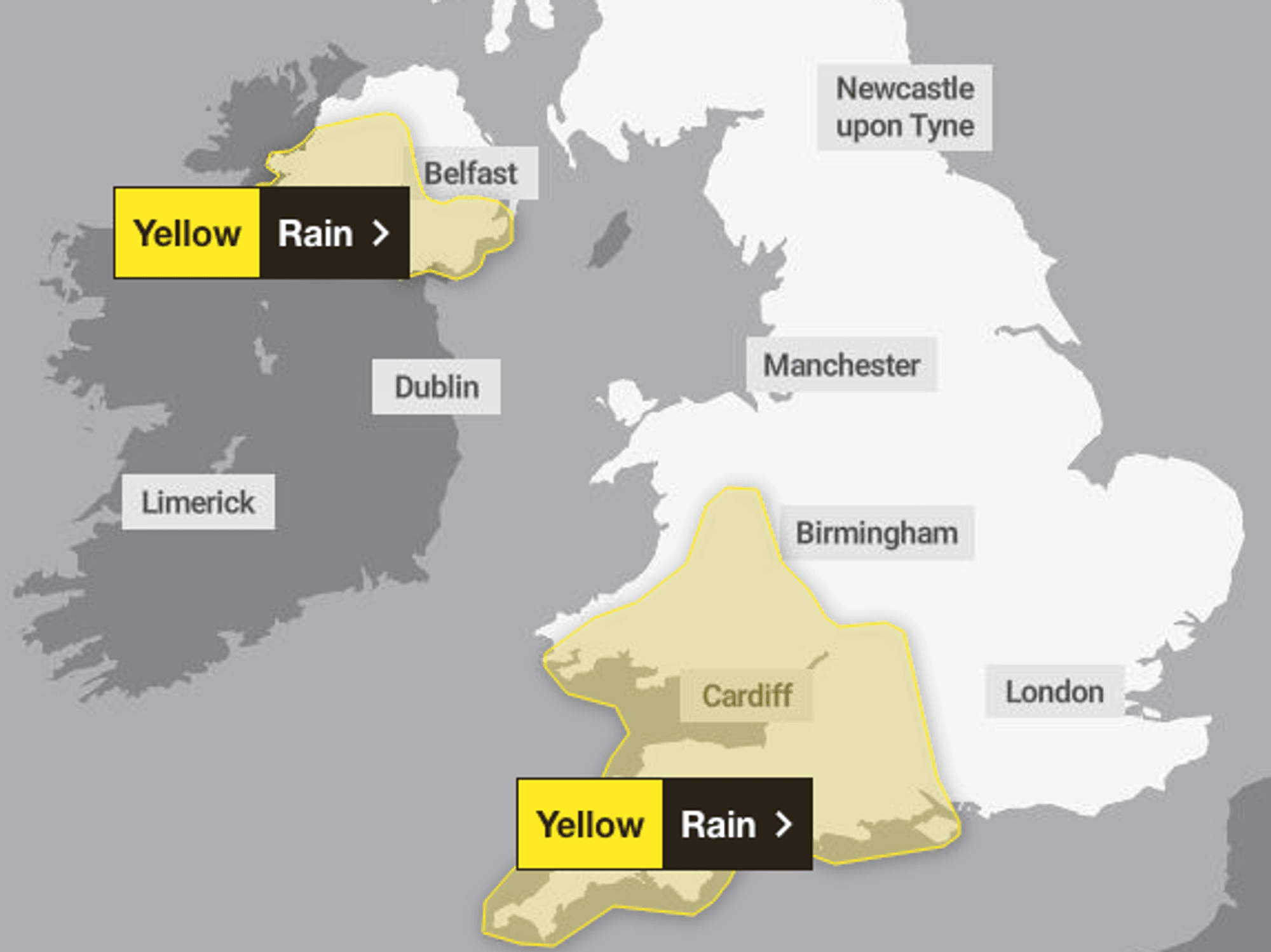Taxes and National Insurance 'won't increase' if Labour wins general election, Rachel Reeves claims

Taxes and National Insurance are among the issues being debated by Labour and the Tories as the parties compete for votes
Don't Miss
Most Read
The Labour Party has ruled out further tax rises and hikes to National Insurance for "working people" ahead of the General Election on July 4.
Shadow Chancellor Rachel Reeves confirmed hers and Sir Keir Starmer's fiscal agenda for the economy ahead of voters going to the polls later this summer.
Speaking on BBC One's Sunday with Laura Kuenssberg yesterday, Reeves promised a Labour Government will keep taxes "lower" for those who are in work.
She said: "What I want and Keir wants is taxes on working people to be lower and we certainly won’t be increasing income tax or National Insurance if we win at the election.
“We [the Labour Party] opposed the increases to National Insurance when Rishi Sunak put those forward as Chancellor.
“We would like taxes on working people to be lower but unlike the Conservatives, who have already racked up £64billion of unfunded tax cuts in just three days of this campaign, I will never play fast and loose with the public finances, I will never put forward unfunded proposals.”
Do you have a money story you’d like to share? Get in touch by emailing money@gbnews.uk.
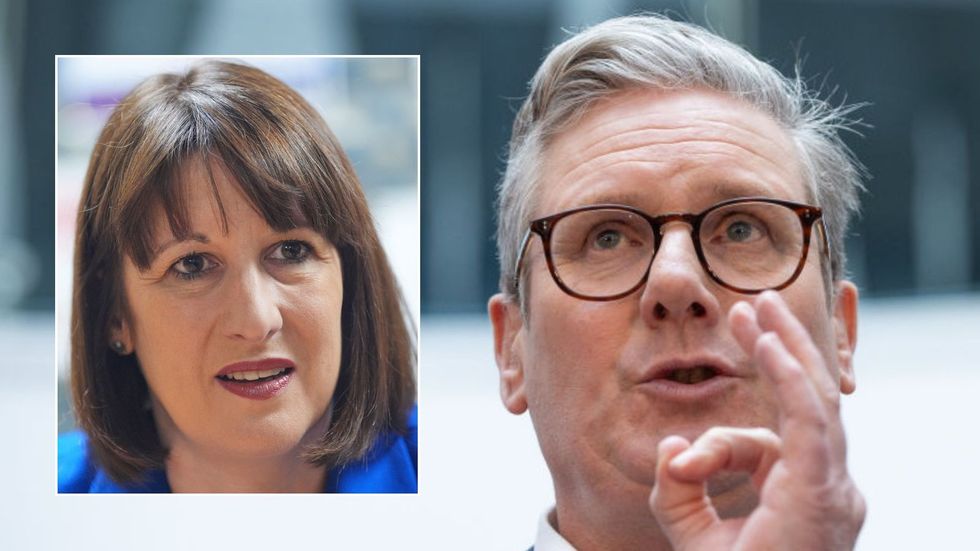
The Labour Party has ruled out further tax rises ahead of the next General Election
|GETTY/PA
In response to the Shadow Chancellor's statement, Economics Secretary Bim Afolami said the party's promise is "just the same old Labour who have no plan to cut taxes and instead are leaving hard-working families to foot the bill".
Chancellor Jeremy Hunt has slashed National Insurance for millions of workers over the past year with the average employee saving £900, according to the Government. Earlier this year, the Chancellor floated scrapping National Insurance altogether.
However, Hunt has come under fire over his decision to freeze tax allowances until 2028 in what experts have claimed is a stealth tax on around 900,000 retirees.
Tax thresholds have remained at the same level while wages and inflation rise. This has caused workers and pensioners to be dragged into higher tax brackets in what is referred to as fiscal drag.
Labour has stated scrapping National Insurance contributions for workers would cost the taxpayer £46bn in a blow to the economy.
Despite this, the Conservatives have claimed such a proposal will not take place until at least 2030 and only when the economy returns to a period of sufficient growth.
On Labour's spending pledges, the Tories have suggested this would lead to a £38.5bn black hole in the country's finances.
Afolami has put forward this is the equivalent to a tax rise of "£2,094 on every "hard-working family" which Labour has pushed back.
Yesterday, Reeves also said she did not want to make any cuts to public spending but did not guarantee Labour will eventually make cuts once in power.
As well as this, the Shadow Chancellor refused to share when a likely Labour Government would raise defence spending to 2.5 per cent of gross domestic product (GDP).
LATEST DEVELOPMENTS:
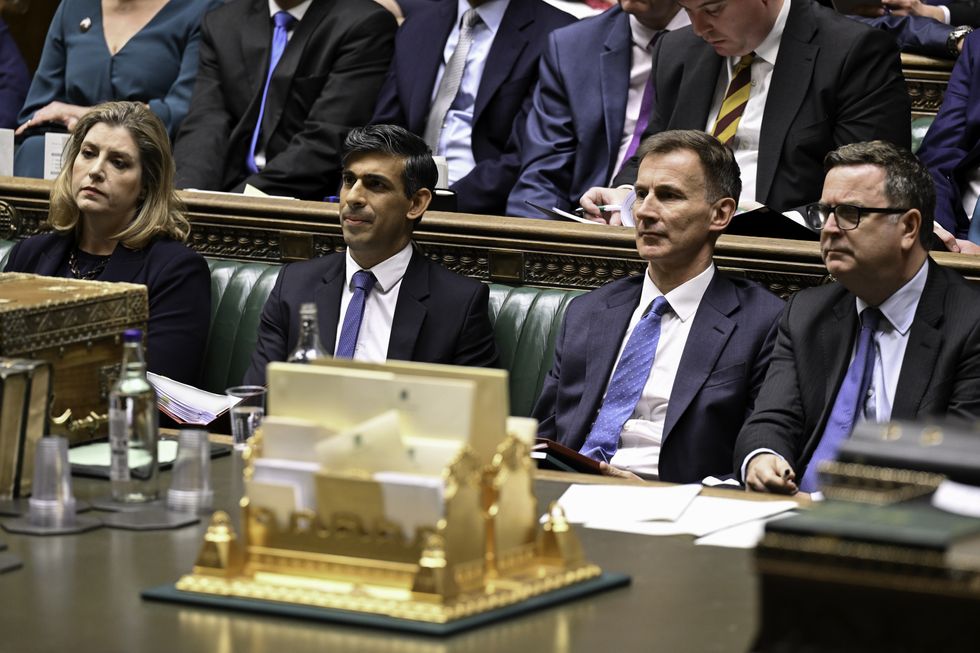
Chancellor Jeremy Hunt has cut National Insurance in the last two Budgets
| PAShe added: “But in the end we have to grow the economy, we have to turn around this dire economic performance.”
The shadow chancellor added: “I don’t want to make any cuts to public spending which is why we’ve announced the immediate injection of cash into public services.
“So that money for our NHS, the additional police – 13,000 additional police and community officers – and the 6,500 additional teachers in our schools.
"They are all fully costed and fully funded promises because unless things are fully costed and fully funded, frankly, you can’t believe they’re going to happen.”


